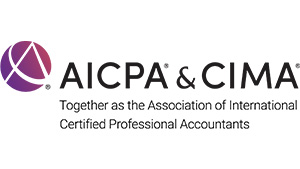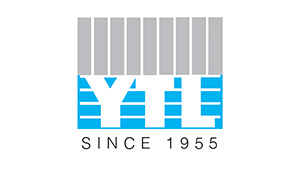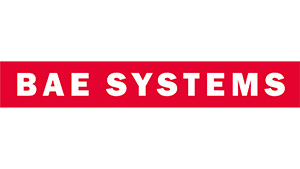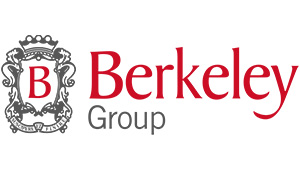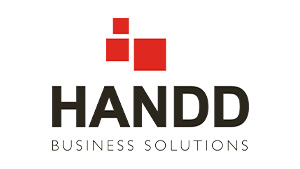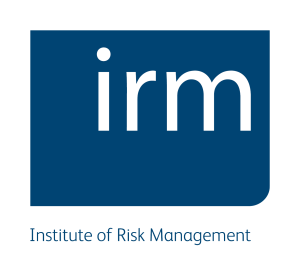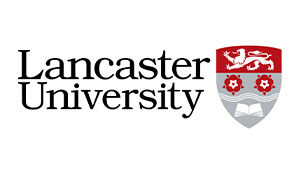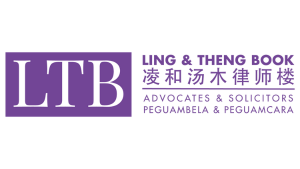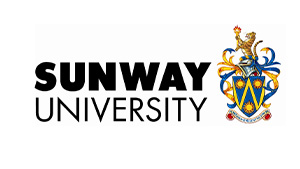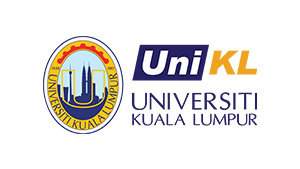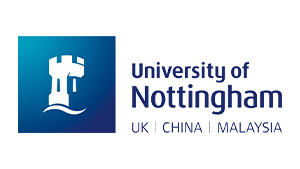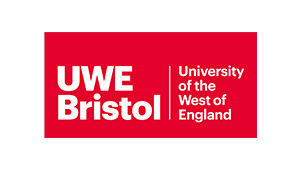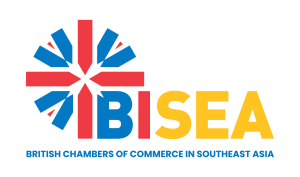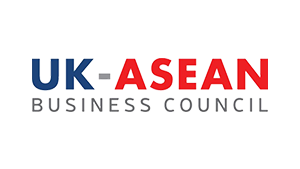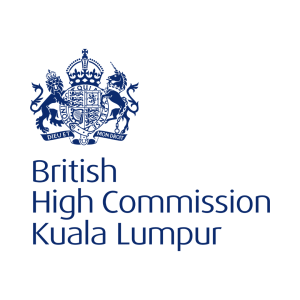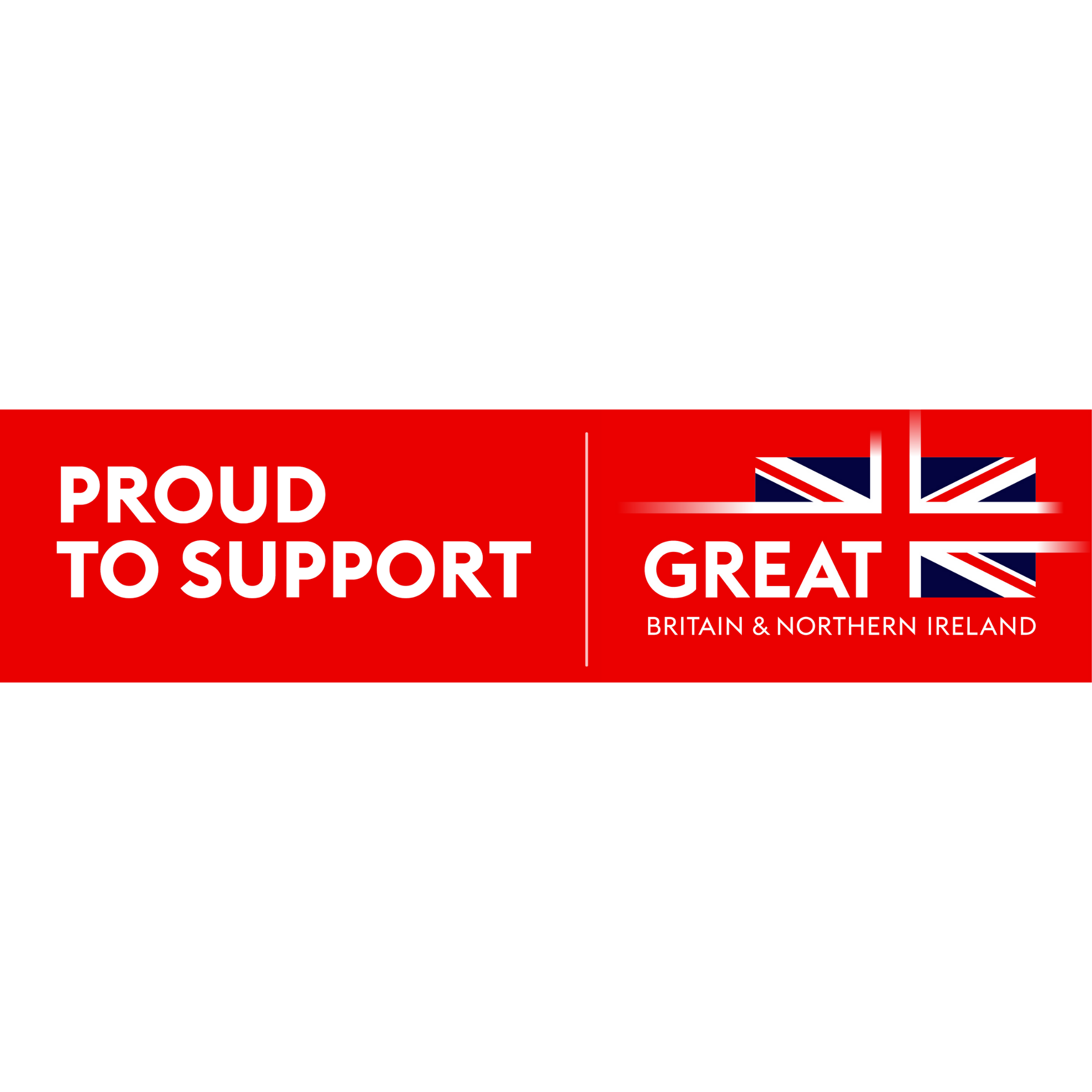Mak Joon Nien, Chief Executive Officer, Standard Chartered Bank Malaysia


As Malaysia’s oldest operating bank, Standard Chartered Bank Malaysia has journeyed with the nation through two world wars and multiple financial crises since opening our first branch in Penang in 1875.
Today, our legacy is reflected in our nearly 6,500-strong workforce, which enables us to harness our distinctive cross-border capabilities and leading wealth management expertise, in order to drive commerce and prosperity through our unique diversity.
Our Islamic banking subsidiary, Standard Chartered Saadiq, stands as a key regional hub for ASEAN. Our Standard Chartered Global Business Services was also the first of its kind in Malaysia, and we proudly maintain an international booking location in Labuan through Standard Chartered Bank Offshore Labuan.
What are some of your organisation’s proudest moments/milestones in Malaysia?
- Our bank has consistently set benchmarks, being the first foreign bank at the Labuan International Business Financial Centre and a pioneer in offering Islamic banking in Malaysia.
- In 2021, we achieved a world-first with a Malaysian ringgit-denominated sustainability-linked derivative transaction and followed it up with the first FMCG ESG transaction in 2022. Additionally, we launched the award-winning SmartStocks digital trading platform in 2022, giving clients access to 12 exchanges across seven markets.
- We kicked off the Standard Chartered Kuala Lumpur Marathon in 2009 and have grown to 42,000 runners in last year’s edition, and in 2010, we became the main sponsor of Liverpool FC.
- Ranked #1 in International Sukuk league tables for the past 5 years and to date.
- Most recently, we won the
- Best International Retail Bank- Malaysia and Best Islamic Deposit Product of the Year from Global Retail Banking Awards 2025
- Best Transaction Bank – Best Liquidity Management Bank – Best Treasury and Working Capital Bank for MNCs/LLCs – Best Liquidity and Investment Solution – Best Payment and Collection Solution (FI/NBFI) at The Asset Triple A Treasurise Awards 2025
Based on your overall experience of doing business in Malaysia, name the advantages and challenges of doing business in Malaysia.
- With a diverse and dynamic economy, Malaysia is poised to seize new opportunities and navigate challenges with resilience, with a vibrant market and rich cultural tapestry, as well as its strategic location among the elements that give the country an edge on the global stage.
- While navigating macroeconomic fluctuations and meeting the diverse needs of various client segments demand a thoughtful approach to differentiate Standard Chartered from its competitors, supportive government policies and economic stability provide a fertile ground for building lasting relationships and driving Malaysia’s prosperity.
- These make Malaysia a great fit for Standard Chartered to tap into regional growth, especially with the nation’s push for digital innovation that aligns seamlessly with our focus on advanced financial solutions.
What did you do or are still doing to overcome these challenges?
- What helps us address challenges is our unrelenting focus on our client-centric approach, where we implement strategic initiatives to innovate and develop new products and services to meet their evolving needs, in turn delivering sustained value to our clients and stakeholders.
- This cannot work in isolation, which us why we continuously improve our robust compliance framework to align with global best practices, as well as execute other initiatives meant to simplify, standardise and digitise our processes.
- Beyond those run-of-the-mill upgrades for our digital banking touchpoint, we’re also a firm proponent of digital transformation through our adoption of blockchain and distributed ledger technology, such as blockchain-based trade finance network Contour, and artificial intelligence, such as SC GPT.
- We are among the early adopters of digital assets and see significant opportunities in this space. We are also developing this capability in Malaysia.
Based on your experience in operating in Malaysia, what are the 3 most important criteria for achieving business success in Malaysia?
- Achieving business success in Malaysia boils down to three crucial factors: a focused client-centric approach, strategic partnerships and local engagement, and deep market understanding and localisation.
- Understanding the diverse needs of Malaysian clients through market research is vital to offering innovative solutions like digital banking and personalised products. This ensures satisfaction and loyalty, enhancing our reputation.
- Forming strategic partnerships with local businesses and fintechs drives growth and innovation by tapping into new markets and technologies.
- Lastly – and one of the core strengths of Standard Chartered – is leveraging local expertise helps navigate Malaysia’s unique landscape, and engaging in community initiatives builds a positive brand image and supports socio-economic development
How do you see your business growth and prospects in Malaysia?
- The key drivers of growth for Standard Chartered in Malaysia are anchored in stable regulatory development, economic growth, strategic location, regional cooperation, and evolving consumer demands.
- Malaysia’s steady economic rise attracts significant FDI, thanks to its prime location, skilled workforce, and investor-friendly policies, which boost demand for banking services.
- The country is a strategic hub for trade and investment, close to major economies like China, Singapore, and Indonesia, and actively engages in regional economic partnerships.
- As Malaysia’s economy gets more sophisticated, there’s a growing demand for diverse financial products and services. With a rising affluent and middle-class population, we see fantastic opportunities to offer tailored financial solutions that meet their needs.
As BMCC Chairman
What do you see as the most critical areas for strengthening UK-Malaysia trade and investment ties over the next five years, and how is BMCC positioning itself to support this?
- Strengthening UK-Malaysia trade and investment ties hinges on a few key actions: bolstering bilateral trade agreements, improving market access, promoting investment in tech and green energy, fostering innovation and digital transformation, enhancing education and skills development, and championing sustainability and environmental responsibility.
- Building robust business networks and partnerships is also crucial. The BMCC is actively facilitating these efforts, making sure we seize every opportunity to strengthen our economic relationship.
Which emerging sectors in Malaysia present the greatest opportunities for British businesses, and how can BMCC help facilitate access to these markets?
- Several emerging sectors in Malaysia present significant opportunities for British businesses, including technology and digital innovation, green energy and sustainability, healthcare and biotechnology, education and skills development, and financial services.
- By focusing on these areas, the BMCC aims to play a pivotal role in helping British businesses access and thrive in the Malaysian market, strengthening trade and investment ties between the UK and Malaysia.
- Our strategic initiatives and support services are designed to ensure that British businesses are well-equipped to capitalise on these opportunities and contribute to mutual economic growth.
Wearing both hats as BMCC Chairman and the CEO of Standard Chartered Malaysia, how do you see financial institutions supporting the growth of UK-Malaysia trade, particularly in enabling businesses to expand and remain resilient?
- With 150 years of legacy in Malaysia and our global footprint across 54 of the world’s most dynamic markets, Standard Chartered can help boost UK-Malaysia trade growth with our tailored trade finance solutions, customised financial products, and provide much-needed access to capital.
- Financial institutions like Standard Chartered can also support digital transformation, enhance risk management and compliance, build strong business networks and partnerships, and champion sustainable practices.
- These efforts help businesses expand, innovate, and stay resilient, ultimately strengthening the economic ties between the UK and Malaysia.

